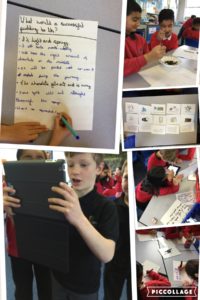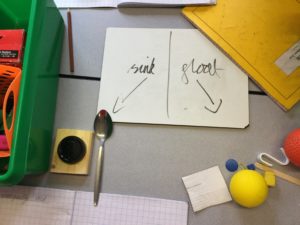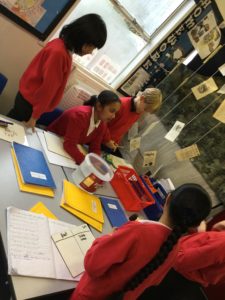This week, as usual, we have two homeworks. Both pieces are due on Thursday 08 December 2016.
The first is Talk Time:
I can reflect on my start to the year.
This links to our current SEAL theme: The 8 Rs for learning. It is an opportunity for children to think about their own learning and their attitude towards it. In class, we reflect a lot on our learning and Y5 are very good at this. They are honest and are not afraid to admit to making mistakes: this will undoubtedly make them better learners in the future. I’d like them to be as honest in this reflection as possible. Is their attitude consistent across the day/week? Is it consistent across subjects? And most importantly, I’d like them to make suggestions for how they could improve. No matter what is said, this conversation should be positive as it should lead to improvements.
The second is Practice Makes Perfect.
I can show I understand word classes.
We’ve spent a lot of time thinking about word classes so far this year (nouns, adjectives, verbs, adverbs, prepositions, articles) and this is a chance for children to show that they have remembered this learning.
Children have been given a sheet to help them show their understanding.


 A collage of our learning.
A collage of our learning.
